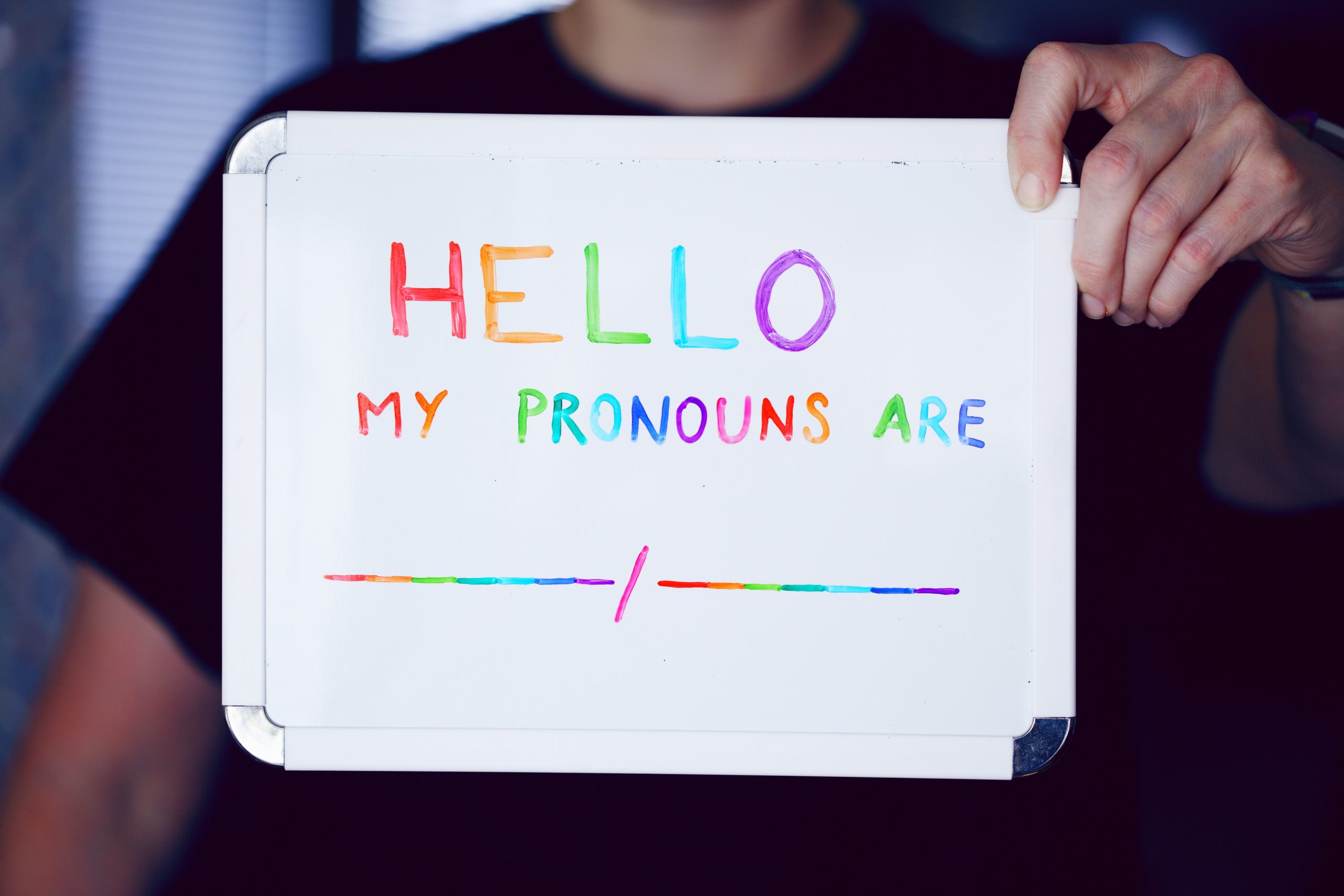
Stereotypes emerge from our tendency to classify and simplify the reality around us.
They in theory do not mean something negative, as certain perceptions or generalizations can have positive connotations. Only those that do not have such a tinge are called biases. These are negative feelings or attitudes toward a certain group of people.
Stereotypes in the work environment play a significant, though often unwelcome role in influencing the way we view, judge and evaluate ourselves and others in the workplace. Biases especially those related to gender, race, age or nationality, can influence employment-related decisions. They often lead to discrimination and injustice. They can spoil the relation at work by treating employees unequally and distorting the assessment of their skills and competencies. Even when stereotypes are unconsciously put into practice, they can perpetuate unjust structures and limit diversity, innovation and thus the potential of an entire organization.
Unconscious biases develop over time as we accumulate life experiences and come across various stereotypes. They can negatively affect relation with co-workers, team dynamics and business decisions.
Addressing and overcoming unconscious biases can help to tackle those issues and increase the diversity of the company. It allows fair decision-making, encourage creativity and innovation, improves employee engagement, results in higher levels of productivity as well as increases company revenues. The company will benefit from attracting diverse talent.
Therefore, it is crucial to make all necessary efforts to recognise and acknowledge our biases, ensure they do not determine our behaviour and always react when others representing such a negative attitude.
These actions will allow to maintaining and properly manage diversity, ensuring rapid and dynamic development of the organisation.